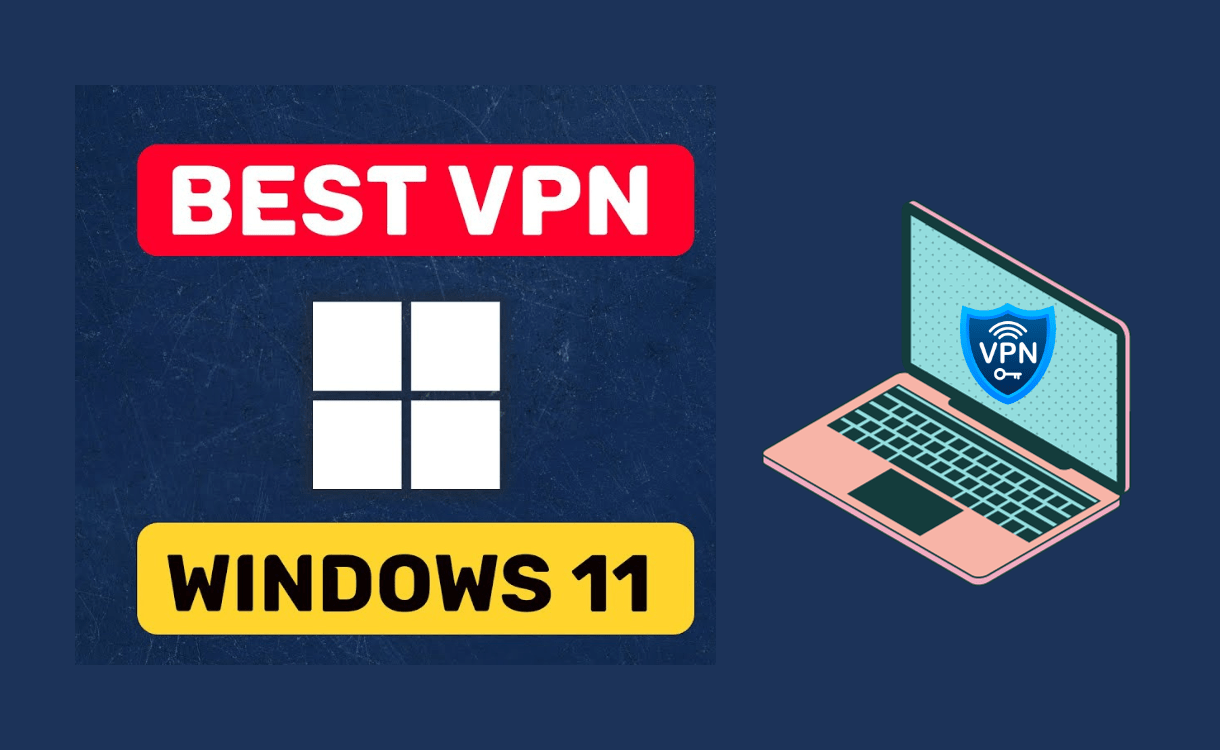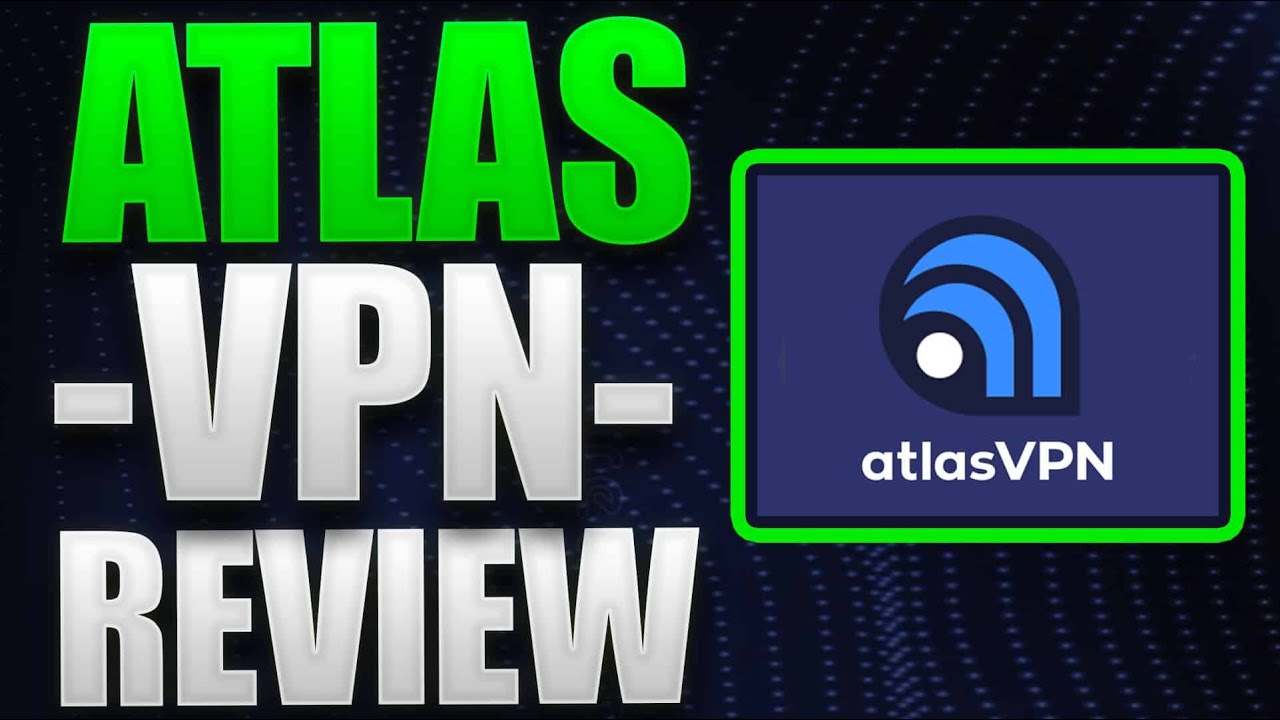Discovering the benefits of social media and its drawbacks
Discovering the benefits of social media serve as powerful tools for the rapid dissemination of information. News, updates, and events.

In today's digital age, benefits of social media has become an integral part of our lives. Whether it's scrolling through your Instagram feed, tweeting about the latest news, or connecting with friends on Facebook, social media platforms have revolutionized the way we communicate, share, and interact with the world.
However, like any technological advancement, social media comes with its own set of benefits and potential drawbacks. In this blog post, we will explore the advantages and disadvantages of social media, shedding light on the complexities of this digital landscape.
The Benefits of Social Media
- Connectivity and Communication: One of the most significant advantages of social media is its ability to connect people across the globe. It allows us to stay in touch with friends and family, bridging geographical gaps. Platforms like Facebook and WhatsApp enable real-time communication, helping us maintain relationships with loved ones, no matter where they are.
- Information and Awareness: Social media serves as a powerful tool for disseminating information and raising awareness about various issues. News outlets and organizations use platforms like Twitter to share breaking news and updates. Movements like #BlackLivesMatter and #MeToo gained momentum through social media, highlighting social injustices and driving real-world change.
- Business and Networking: Social media has transformed the way businesses operate and market their products or services. Companies can reach a vast audience through targeted advertising on platforms like Instagram and LinkedIn. Professionals can network and find job opportunities through platforms like LinkedIn, helping to advance their careers.
- Education and Learning: Social media has also become a valuable resource for education and self-improvement. Educational institutions and instructors use platforms like YouTube and Instagram to share informative content, tutorials, and lectures. It has democratized education, making knowledge more accessible to a global audience.
- Creativity and Expression: Platforms such as Instagram, TikTok, and Pinterest provide users with spaces to express their creativity. Users can showcase their artistic talents, share personal stories, and find like-minded communities. This creative outlet fosters self-expression and personal growth.
- Support and Empowerment: Social media can be a source of emotional support and empowerment. Online communities and support groups exist for various topics, including mental health, addiction recovery, and chronic illnesses. These spaces allow individuals to share their experiences, find solace, and offer guidance to others facing similar challenges.
- Political Engagement: Social media has reshaped political engagement, allowing individuals to voice their opinions and hold leaders accountable. It has given rise to movements, protests, and advocacy on a global scale, enabling citizens to demand change and transparency from their governments.
The Potential Drawbacks of Social Media
- Privacy Concerns: Social media platforms often collect vast amounts of personal data, which can lead to privacy concerns. Users may unwittingly share sensitive information, and data breaches can expose personal details to malicious actors.
- Mental Health Issues: Excessive use of social media has been linked to mental health problems, including anxiety, depression, and loneliness. Constant comparison with others' curated online lives can lead to feelings of inadequacy and low self-esteem.
- Cyberbullying: The anonymity provided by social media can facilitate cyberbullying, where individuals are targeted with hurtful comments, harassment, or threats. This can have severe emotional and psychological consequences, especially among younger users.
- Addiction: The addictive nature of social media can lead to excessive screen time, neglecting real-life relationships and responsibilities. The constant need for validation through likes and comments can be emotionally draining.
- Misinformation and Fake News: Social media platforms are breeding grounds for misinformation and fake news. False information can spread rapidly, leading to confusion and even influencing public opinion and decision-making.
- Echo Chambers and Polarization: Social media algorithms often curate content based on users' preferences, leading to the formation of echo chambers. People are exposed to like-minded views, reinforcing their existing beliefs and polarizing society.
- Impact on Relationships: While social media can help maintain long-distance relationships, it can also strain in-person relationships. Oversharing or miscommunication online can lead to misunderstandings and conflicts.
- Loss of Productivity: Many people find it challenging to resist the lure of social media during work or study hours, leading to a loss of productivity and focus.
Striking a Balance
Given the myriad benefits and drawbacks of social media, it's essential to strike a balance between our online and offline lives. Here are some tips for navigating the digital landscape mindfully:
- Set Usage Limits: Establish clear boundaries for your social media usage. Use apps or features that help you track your screen time and set daily limits.
- Protect Your Privacy: Review and update your privacy settings regularly to control who can access your information. Be cautious about sharing personal details online.
- Verify Information: Before sharing or believing information, verify its authenticity from reliable sources. Avoid spreading misinformation.
- Promote Positive Engagement: Engage in meaningful conversations and support others positively. Report and block accounts engaged in cyberbullying or hate speech.
- Take Breaks: Periodically disconnect from social media to recharge and focus on real-life interactions and activities.
- Practice Digital Detox: Consider taking extended breaks from social media to reduce dependency and regain perspective.
- Cultivate Offline Relationships: Nurture and prioritize in-person relationships. Spending quality time with loved ones can be more fulfilling than virtual interactions.
- Mind Your Mental Health: Be aware of how social media affects your mental health. Seek professional help if you experience emotional distress or addiction.
In conclusion, social media is a double-edged sword, offering both incredible benefits and potential drawbacks. It has transformed the way we communicate, access information, and conduct business.
However, it also poses challenges to privacy, mental health, and social harmony. To make the most of this digital era, it's crucial to use social media mindfully, striking a balance that enhances our lives without compromising our well-being. Remember, the power to harness the benefits of social media while mitigating its drawbacks lies in our hands.
What's Your Reaction?















